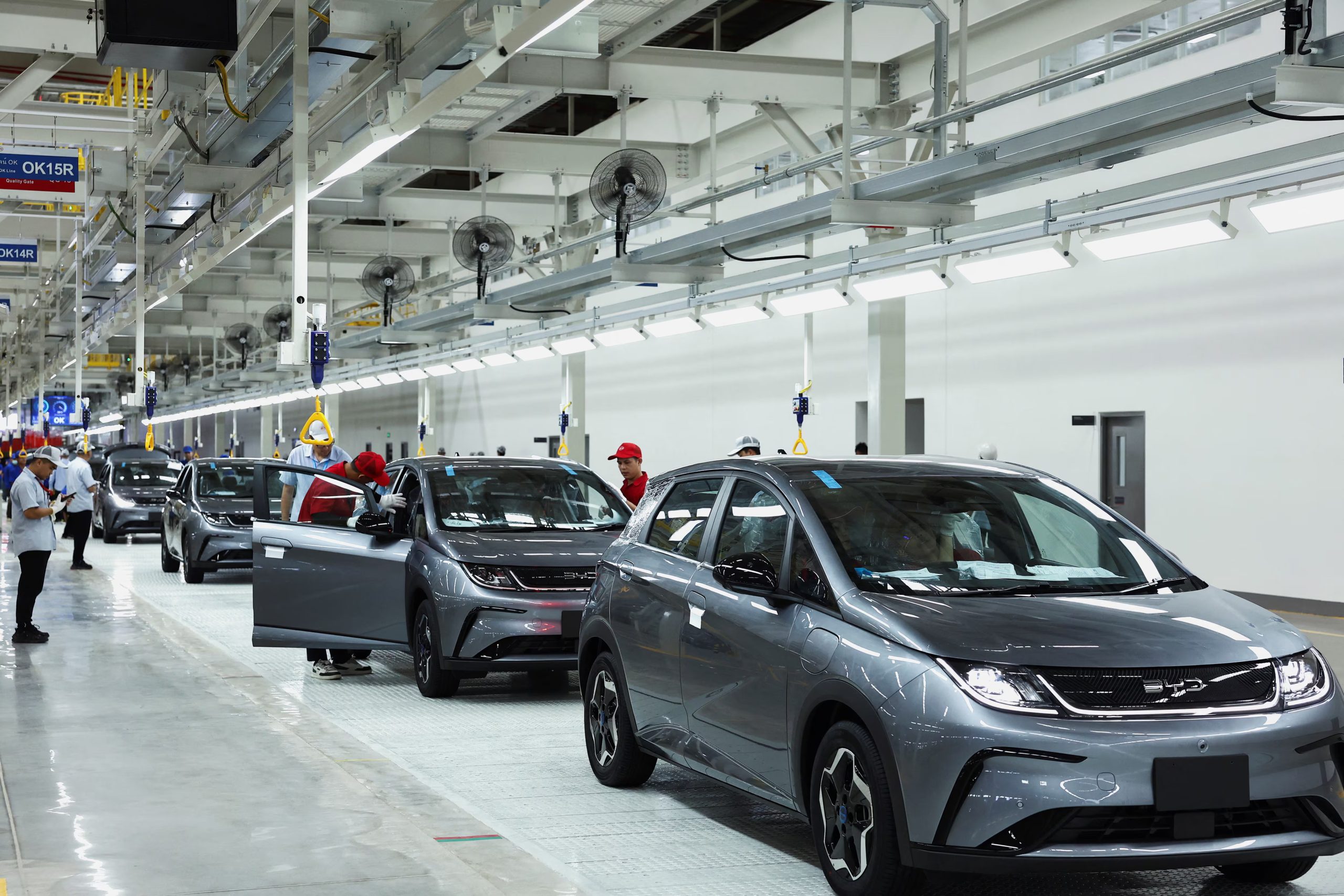Car dealerships often add extra fees to the final price of a vehicle to increase their profits. These fees may be unnecessary or overpriced, taking advantage of buyers who may not be aware of which charges are legitimate.
Many buyers, eager to complete their purchase, may not question these costs, allowing dealerships to add hidden charges without much resistance.
One of the main reasons dealerships add these fees is to boost their earnings. Even after a buyer agrees on a car’s price, the dealer can introduce additional costs for services that may not be essential.
Some of these fees may not actually reflect any real service but are just a way to make extra money.
Hidden Fees: How Car Dealerships Increase Costs for Buyers
A lack of transparency also makes it easier for dealerships to include unnecessary fees. Many buyers may not fully understand what they are paying for, and some dealerships do not clearly explain the purpose of each charge. This lack of clarity can make it difficult for customers to challenge excessive or unnecessary fees.

Market conditions also play a role in how dealerships apply extra fees. When demand for cars is high or inventory is low, dealerships know that buyers have fewer options.
In such situations, they may add fees because they believe customers are more likely to accept them rather than risk losing the car they want.
Also Read: Protecting Yourself from Growing Dealership Scandals When Buying a Car
One common example of an unnecessary fee is the “dealer prep” fee. While dealerships need to prepare a car before handing it over to a buyer, some charge an excessive amount for basic services like cleaning and inspections, which should already be included in the car’s price.
Another controversial charge is the “market adjustment” fee. This fee allows dealers to increase the price of a car simply because demand is high. Even if a car’s advertised price already reflects market conditions, some dealers add an extra charge to take advantage of buyers eager to secure a vehicle.
“Documentation fees” are another area where buyers may be overcharged. While dealerships do have administrative costs related to processing paperwork, some charge far more than necessary. In some cases, buyers may be paying hundreds of dollars for simple document preparation.
Another unnecessary fee is the “nitrogen tire fill” fee. Some dealerships charge extra for filling tires with nitrogen instead of regular air. While nitrogen may have slight benefits, most drivers do not need it, making this an avoidable charge.
Dealerships also push “added protection” packages, such as extended warranties, paint protection, or anti-theft systems. While some buyers may find these useful, dealerships often make them seem essential when they are not. Buyers should carefully evaluate whether they truly need these add-ons.
To avoid paying unnecessary fees, buyers should research in advance. Knowing the fair price of a car and the typical costs associated with purchasing it can help identify excessive charges. Many online resources provide price estimates that include legitimate fees.

Asking questions is another important step. Buyers should request a detailed explanation of every charge listed in the contract. If a dealership cannot clearly explain a fee, it may not be necessary. Being informed and confident can prevent paying for services that offer little to no value.
Negotiation is also key to avoiding hidden fees. Buyers should not be afraid to challenge excessive charges or ask for them to be removed. Some fees may be unavoidable, but others can often be reduced or eliminated with firm negotiation.
Also Read: Are Americans Ready for Subscription-Based Road Usage Fees?
Comparing multiple dealerships can also help buyers identify unfair pricing practices. If one dealership charges significantly more in fees than another, it may be worth shopping elsewhere. Getting quotes from different places can provide a better idea of what is reasonable.
Reading the fine print before signing a contract is crucial. Some fees may be buried in the paperwork, and once a buyer signs, it becomes difficult to dispute them. Taking time to carefully review all charges ensures there are no hidden surprises.
By staying informed, asking questions, and negotiating where possible, buyers can protect themselves from unnecessary fees. Car purchases are already expensive, and avoiding these extra charges can save a significant amount of money.

